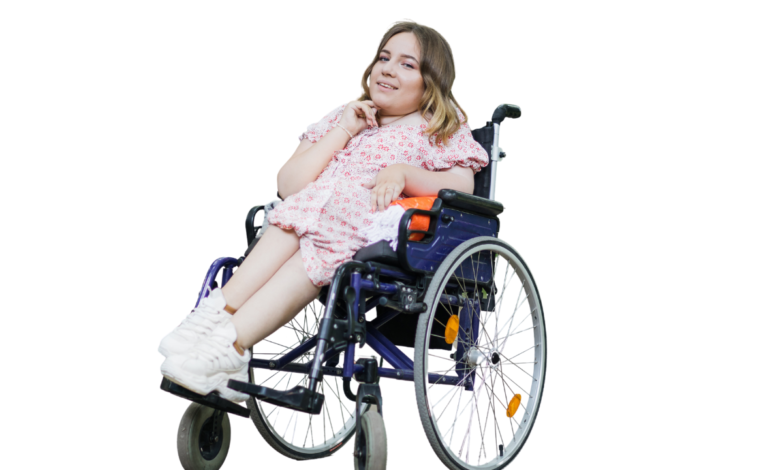Duchenne Muscular Dystrophy: A progressive muscle-wasting disorder.

What is the Duchenne Muscular Dystrophy ?
DMD is a progressive genetic disorder that affects muscles. It is caused by a mutation in the dystrophin gene, which produces a protein essential for muscle function. In DMD, the dystrophin protein is missing or defective, leading to muscle weakness and degeneration.
What are the symptom of Duchenne Muscular Dystrophy?
Symptoms of DMD typically appear in early childhood and include:
- Muscle weakness, particularly in the legs
- Difficulty walking or running
- Frequent falls
- Delayed motor development
- Enlarged calf muscles
- Difficulty climbing stairs
- Pain and stiffness in the muscles
As the disease progresses, muscle weakness can spread to other parts of the body, affecting the heart, lungs, and other organs.
Who can suffer from Duchenne Muscular Dystrophy?
DMD is primarily a genetic disorder that affects boys. Girls can also be affected, but it is less common and often less severe
What are the type of Duchenne Muscular Dystrophy ?
There are several types of muscular dystrophy, but DMD is the most common and severe form.
Which diagnostic are available for the Duchenne Muscular Dystrophy ?
· Genetic testing: This is the most definitive way to diagnose DMD. It involves testing for mutations in the dystrophin gene.
· Muscle biopsy: A sample of muscle tissue is taken and examined under a microscope.
· Blood tests: Blood tests can measure levels of muscle enzymes, which may be elevated in DMD.
· Electromyography (EMG): This test measures the electrical activity of muscles.
What are the treatment of the Duchenne Muscular Dystrophy ?
There is no cure for DMD, but treatment can help manage symptoms and improve quality of life. Treatment may include:
- Corticosteroids: These medications can help slow the progression of the disease.
- Physical therapy: Physical therapy can help maintain muscle function and improve mobility.
- Respiratory therapy: Respiratory therapy can help manage breathing problems.
- Genetic therapies: Experimental therapies are being developed to treat the underlying genetic defect in DMD.
Which diet should I take ,if any ?
A healthy diet is important for individuals with DMD. A balanced diet with adequate protein, calories, and nutrients can help maintain muscle mass and overall health.
Which speciality of the doctor will Duchenne Muscular Dystrophy?
A neurologist is a doctor who specializes in treating neurological disorders, including DMD.
In Duchenne Muscular Dystrophy completely curable ? Currently, there is no cure for DMD. However, research is ongoing to develop effective treatments. With advances in medical care, people with DMD are living longer and more independent lives.





